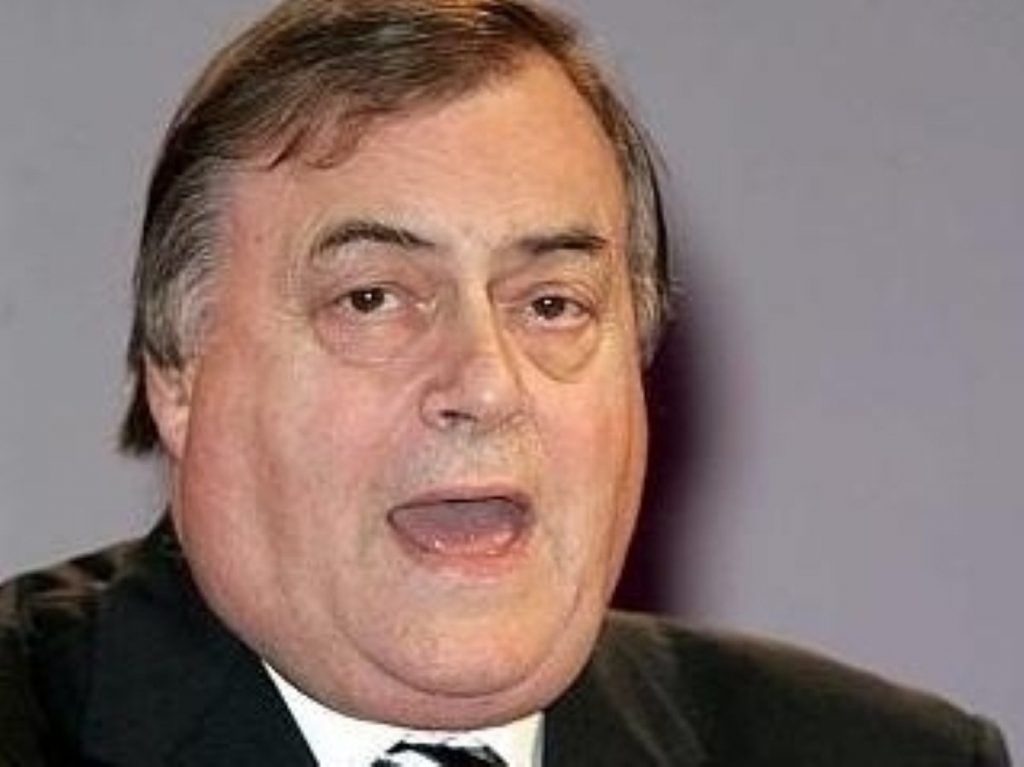Iraq inquiry: Prescott dismisses ‘tittle-tattle’ intelligence
Intelligence used to justify the 2003 invasion of Iraq has been dismissed as “tittle-tattle” by John Prescott.
The former deputy prime minister told the Iraq inquiry that the joint intelligence committee’s recommendations were “frankly wrong” by 2004 because they had been “built too much on a little information”.
“That was my impression at the time but I just thought ‘well this is the intelligence document, this is what you have’,” he said.


“It seems robust but not enough to justify to that. Certainly what they do in intelligence is a bit of tittle-tattle here and a bit more information there.”
Lord Prescott was the last of over 140 witnesses to give evidence to Sir John Chilcot’s five-person panel, which has also examined thousands of government documents over the last year.
The reliability of the intelligence used to justify the invasion has been a constant theme. The inquiry is seeking to establish why Britain participated in the ousting of Saddam Hussein on the grounds of a threat from weapons of mass destruction – when no such weapons were found afterwards.
“When I kept reading them, I kept thinking to myself: ‘Is this intelligence?'” Lord Prescott added.
“It’s basically what you have heard somewhere and what somebody else has told somebody. Presumably that’s how intelligence is brought about.
“So I got the feeling it wasn’t very substantial, but it clearly was robust.”
The ex-deputy prime minister appeared to criticise former prime minister Tony Blair’s style of government, claiming he had tried “actively” to bring about more Cabinet involvement in discussions in a bid to undermine Mr Blair’s “more presidential style”.
He insisted there had been “democratic accountability” for the invasion, however, and concluded his evidence with a firm defence of Mr Blair.
“I know it’s quite fashionable to be critical of Tony Blair inside and outside this inquiry,” he said.
“We’ve seen a few people gloss over their part of the history. No one in government took this decision to go to war likely.
“I personally and privately witnessed the prime minister agonise over each and every death over Iraq, civilian and military, British and Iraqi.
“And I learned that true leadership is not about the benefit of hindsight. It’s about having the gift of vision, courage and compassion, and I believe Tony Blair had all three.”
Inquiry chairman Sir John said in a concluding statement the panel would seek to visit Iraq in the coming months.
He said the inquiry had developed an “emerging picture of the UK’s involvement in Iraq between 2001 and 2009” and added that no further evidence sessions would take place – unless the committee decides to recall any witnesses where evidence appears to clash.
These sessions would take place in late autumn.









